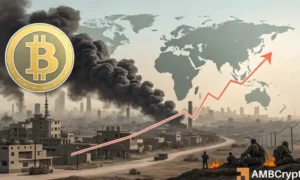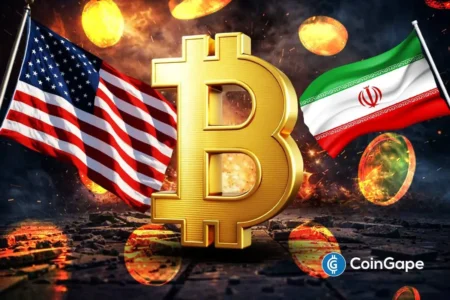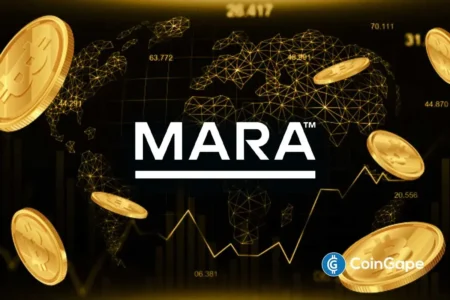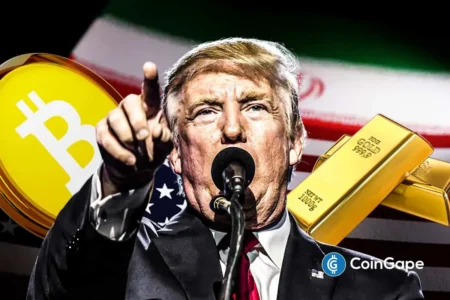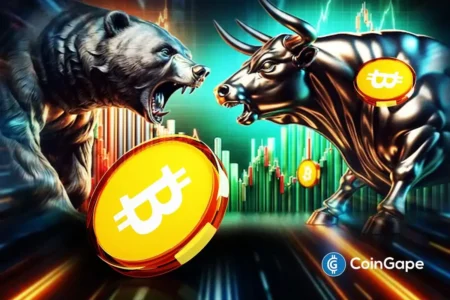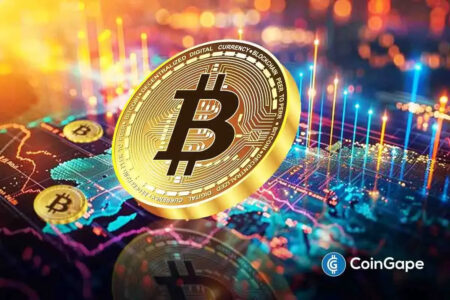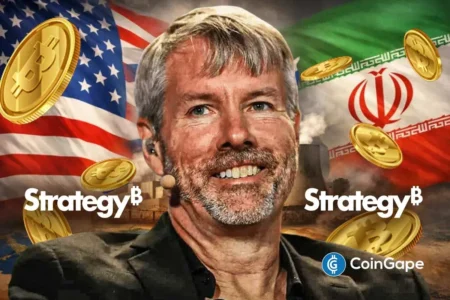The Future of the U.S. Dollar: Insights from BlackRock CEO Larry Fink
In his recent annual letter, Larry Fink, CEO of BlackRock, issued a pointed warning about the potential decline of the U.S. dollar as the world’s premier reserve currency. Fink’s concerns are rooted in the alarming trajectory of the U.S. national debt, which has now surpassed 100% of the country’s Gross Domestic Product (GDP). With mounting pressure on fiscal stability, he posits that unless the U.S. can effectively manage its debt, alternative currencies such as Bitcoin could rise to prominence as viable replacements for the dollar. This phenomenon has garnered considerable attention, as failure to address these economic challenges risks undermining the dollar’s long-standing global dominance.
The stakes are incredibly high, especially given that projected interest payments on the national debt for this year will exceed $952 billion. Fink indicates that if this trend continues, the U.S. government may face a persistent deficit by 2030, whereby all federal revenue becomes absorbed in servicing debt. This situation not only jeopardizes the country’s financial health but also erodes global confidence in the dollar. Fink has asserted that in a scenario where trust in U.S. currency diminishes, assets like Bitcoin may become perceived as less risky options, despite ongoing criticisms of Bitcoin’s volatility and status as "digital gold."
To bolster his argument, Fink has referenced the inherent advantages of Bitcoin over traditional fiat currencies, particularly in times of inflation. The decentralized nature of Bitcoin, free from conventional institutional control, enhances its attractiveness to investors seeking alternatives. In an age where inflation is becoming increasingly concerning for economies worldwide, Bitcoin and other digital assets could provide a hedge against traditional currency risks, challenging the very fabric of monetary systems.
Fink’s letter also highlights the concept of asset tokenization as a critical innovation for future financial systems. Tokenization refers to converting traditional financial instruments—such as stocks, bonds, and real estate—into blockchain-based tokens. This innovative process can enhance transparency, reduce costs, and improve liquidity as compared to conventional financial frameworks. Fink likened the traditional transaction processes to outdated postal services, underscoring the urgent need for modernization and greater efficiency in financial transactions.
In line with this vision, BlackRock is leading the charge in adopting digital assets. The firm has begun to offer tokenized financial products, such as the BUIDL fund, which has rapidly gained traction in the market. Fink believes that once tokenization gains broader acceptance, it could democratize financial markets, allowing for faster and fractional ownership. This perspective showcases how advancements in technology can reshape traditional finance into a more inclusive and accessible landscape.
However, Fink is cognizant of the risks associated with embracing digital assets, and he advocates for a proactive approach to financial innovation and regulatory reform. He calls for an overhaul of the existing financial systems to incorporate blockchain technology and address vital issues around identity verification and security. Establishing effective regulatory frameworks is imperative for fostering a secure environment where digital assets can flourish. Fink emphasizes the importance of striking a balance between adequate regulation and integration of digital currencies, positioning these innovations as potential solutions to the limitations of current financial systems.
In conclusion, Larry Fink’s insights present a compelling argument for a reevaluation of the U.S. dollar’s status in an evolving financial landscape. With rising national debt posing significant risks to U.S. economic stability, alternatives like Bitcoin and tokenized assets may be ready to take center stage. As BlackRock continues to lead in digital asset innovation, the call to action for regulatory reform and modernization within financial systems becomes increasingly crucial. The future trajectory of the U.S. dollar, as articulated by Fink, will ultimately hinge on timely fiscal management and the willingness to adapt to transformative financial technologies. As the world watches these developments, the implications for global finance remain profound.

